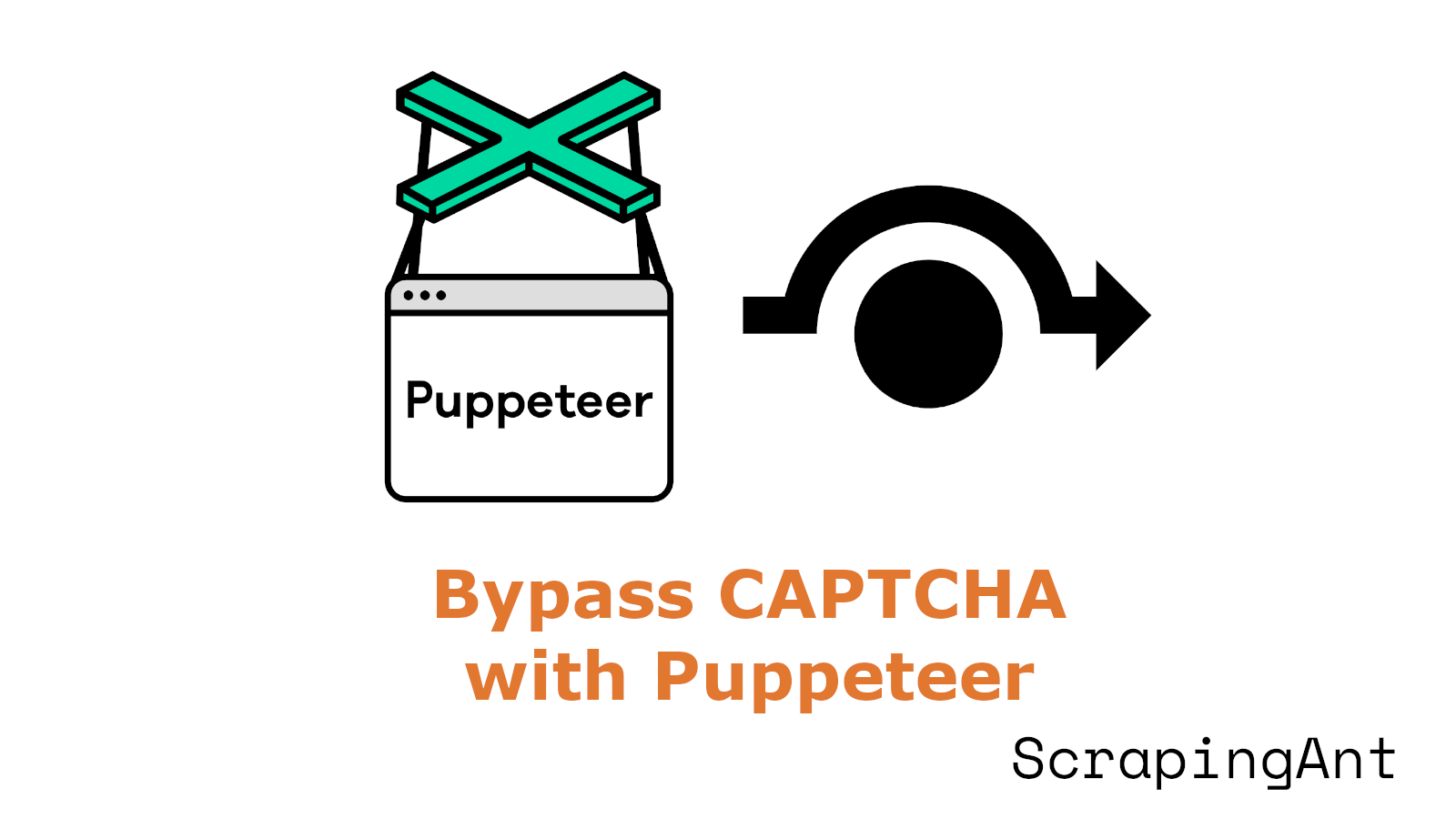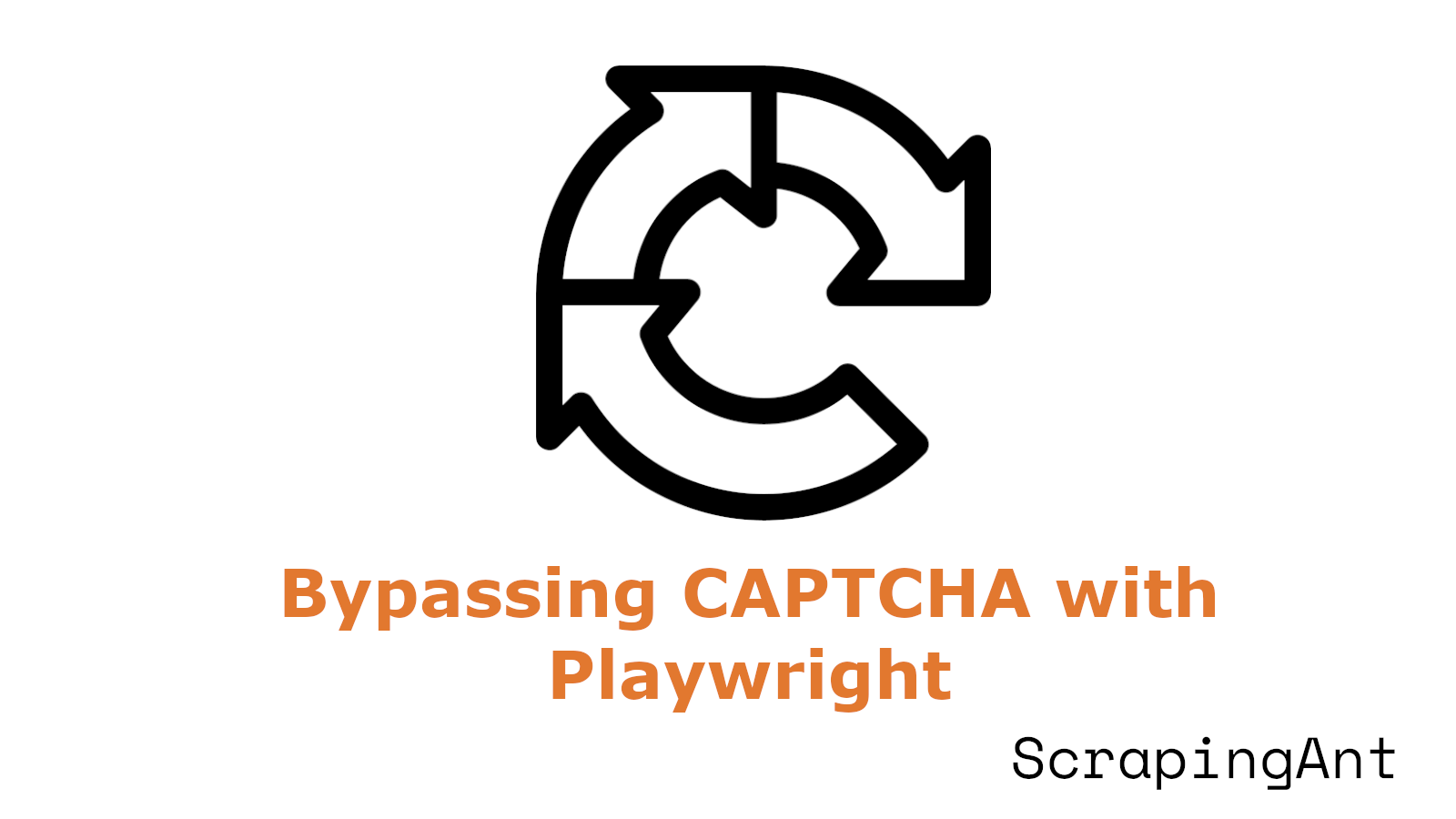
As of October 2024, the use of Puppeteer, a powerful Node.js library for controlling headless Chrome or Chromium browsers, has emerged as a popular tool for automating web interactions. However, CAPTCHAs (Completely Automated Public Turing test to tell Computers and Humans Apart) continue to pose significant obstacles to seamless automation. This research report delves into the cutting-edge strategies and techniques for bypassing CAPTCHAs using Puppeteer, exploring a range of sophisticated approaches that leverage advanced technologies and methodologies.
The importance of CAPTCHA bypass techniques has grown in parallel with the increasing sophistication of CAPTCHA systems. While CAPTCHAs serve a crucial role in preventing malicious bot activities, they also present challenges for legitimate automated processes, including web scraping, testing, and data collection. Recent studies have shown remarkable progress in this field, with some techniques achieving success rates as high as 94.7% in solving image-based CAPTCHAs.
This report will examine various strategies, including advanced image recognition techniques, audio CAPTCHA solving methods, browser fingerprinting evasion, machine learning-based prediction, and distributed solving networks. Each of these approaches offers unique advantages and has demonstrated significant potential in overcoming modern CAPTCHA systems.
As we explore these techniques, it's important to note the ethical considerations and potential legal implications of CAPTCHA bypassing. While this research focuses on the technical aspects and capabilities of these methods, their application should always be considered within appropriate and lawful contexts. The ongoing cat-and-mouse game between CAPTCHA developers and bypass techniques continues to drive innovation on both sides, shaping the future of web security and automation.
Looking for CAPTCHA bypassing guide for Playwright? We got you covered!

